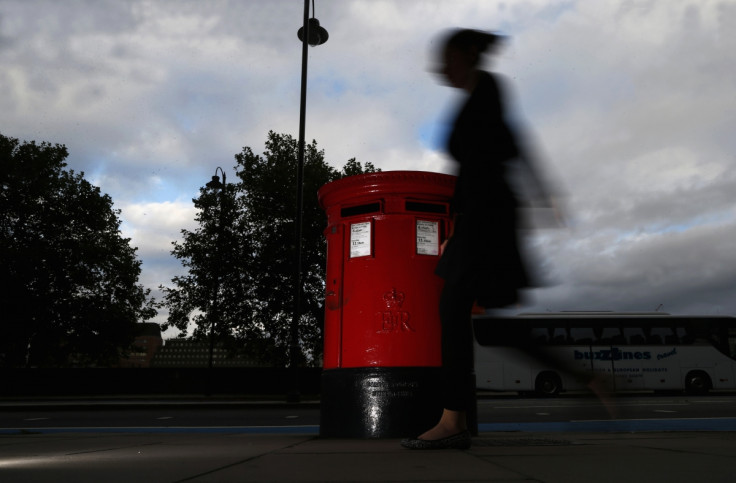Royal Mail Shares Tumble Amid Moya Greene Warning on 'Intense' Parcels Competition

Royal Mail shares fell by more than 7% after the recently privatised communications firm warned in its full-year financial results of intensifying competition.
Operating profit after the costs of a "transformation" programme, including the closure of some mail centres and modernising those left, rose by 6.7% in the year to 30 March, 2014, hitting £430m (€532m, $727m).
Higher profit was driven by rising revenues in Royal Mail's key parcels businesses in the UK and continental Europe. And the declining letters business slowed less than expected.
But Moya Greene, chief executive of Royal Mail, warned that the company is "facing a couple of headwinds".
"The competitive environment on the parcels side is more intense. We are taking steps to remain the leader in this growing market," she said.
"On the letters side, the headwind is direct delivery and we have strategies in place to counter its adverse financial impact."
Greene added that "without timely regulatory action, direct delivery could undermine the economics of the Universal Service", potentially hurting Royal Mail's profit margins.
Access investigation
This refers to a dispute between Royal Mail and its rival TNT Post UK. Ofcom has opened an investigation into planned price rises by Royal Mail on so-called "Access" contracts.
Under Access contracts, Royal Mail delivers mail sorted by others, such as TNT, on the last leg of its journey.
In January, Royal Mail said it would offer a discount on Access contracts of 0.25p per item for customers who provide monthly forecasts of mail volumes that allow the firm to better prepare itself for deliveries.
However, the newly privatised firm also hiked Access contract prices by as much as RPI inflation plus 1% to protect revenues as the UK postal market declines in size.
TNT lodged a complaint with Ofcom about the rises and the watchdog opened an investigation. As a result of the probe, Royal Mail suspended its planned price rises.
Royal Mail has said competition from TNT is threatening its ability to meet the Universal Service Obligation, which requires it to run a high-cost infrastructure so it can deliver mail six days a week to all parts of the country.
This is because TNT has begun to deliver and sort its own mail in Manchester and some parts of London, rather than use Royal Mail's Access service.
While Royal Mail is obliged to target loss-making areas for delivery, such as remote parts of countryside, the firm says TNT is able to "cherry pick" profitable areas, putting it at a competitive disadvantage.
Royal Mail was privatised in October 2013 in a controversial flotation onto the London Stock Exchange. The government has been accused of undervaluing the firm by as much as £750m.
© Copyright IBTimes 2024. All rights reserved.






